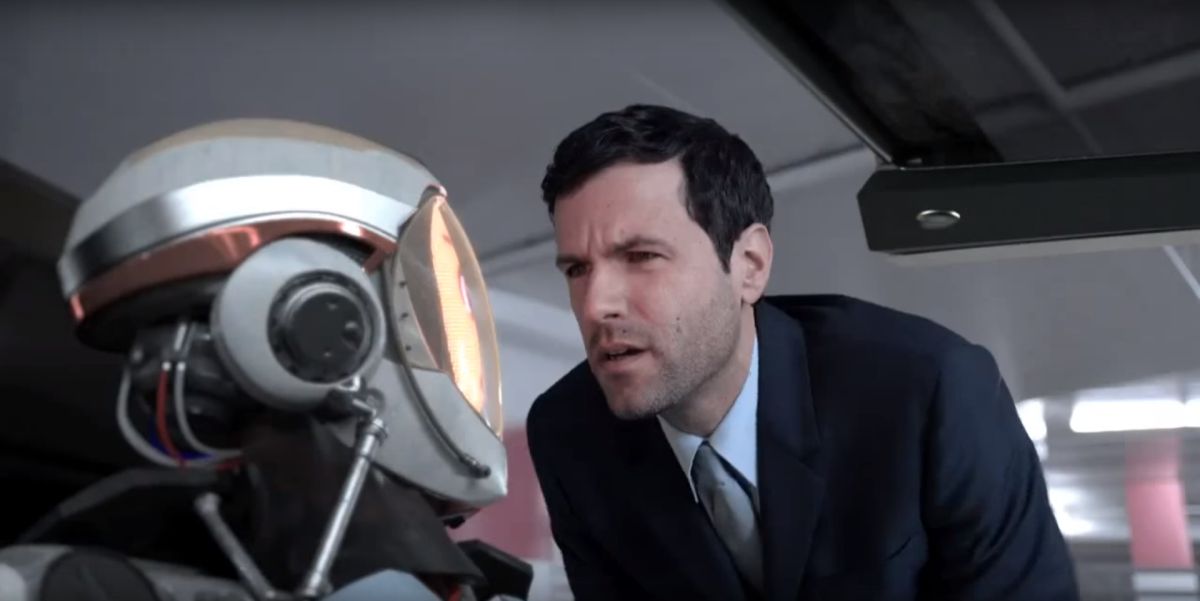
Robohub.org
Google develops a Chrysler minivan

Never say never? Source: 2011 Dodge Charger, future of driving commercial/YouTube
If you had asked me recently what big car company was the furthest behind when it came to robocars, one likely answer would be Fiat-Chrysler. In fact, famously, Chrysler ran ads several years ago during the superbowl making fun of self-driving cars and Google in particular:
Now Google has announced a minor partnership with Chrysler where they will be getting Chrysler to build 100 custom versions of their hybrid minivans for Google’s experiments. Minivans are a good choice for taxis, with spacious seating and electric sliding doors, if you want a vehicle to pick you up, it probably should have something like this.
This is a minor partnership, closer to a purchase order than a partnership, but it will be touted as a great deal more. My own feeling is it’s unlikely a major automaker will truly partner with a big non-auto player like Google, Uber, Baidu or Apple. Everybody is concerned about who will own the customer and the brand, and who will be the “Foxconn” and the big tech companies have no great reason to yield on that (because they are big) and the big car companies are unlikely to yield, either. Instead, they will acquire or do deals they control with smaller companies (like the purchase of Cruise or the partnership with Lyft from GM.)
Still, what may change this is an automaker (like FCA) getting desperate. GM got desperate and spent billions. FCA may do the same. Other companies with little underway (like Honda, Peugeot, Mazda, Subaru, Suzuki) may also panic or hope that the Tier 1 suppliers (Bosch, Delphi, Conti) will save them.
Google custom designed a car for their 3rd generation prototype, with 2 seats, no controls and and electric NEV power train. This has taught them a lot, but I bet it has also taught them that designing a car from scratch is an expensive proposition before you are ready to make thousands of them.
tags: Automotive, Autonomous Car, Google car, robohub focus on autonomous driving





